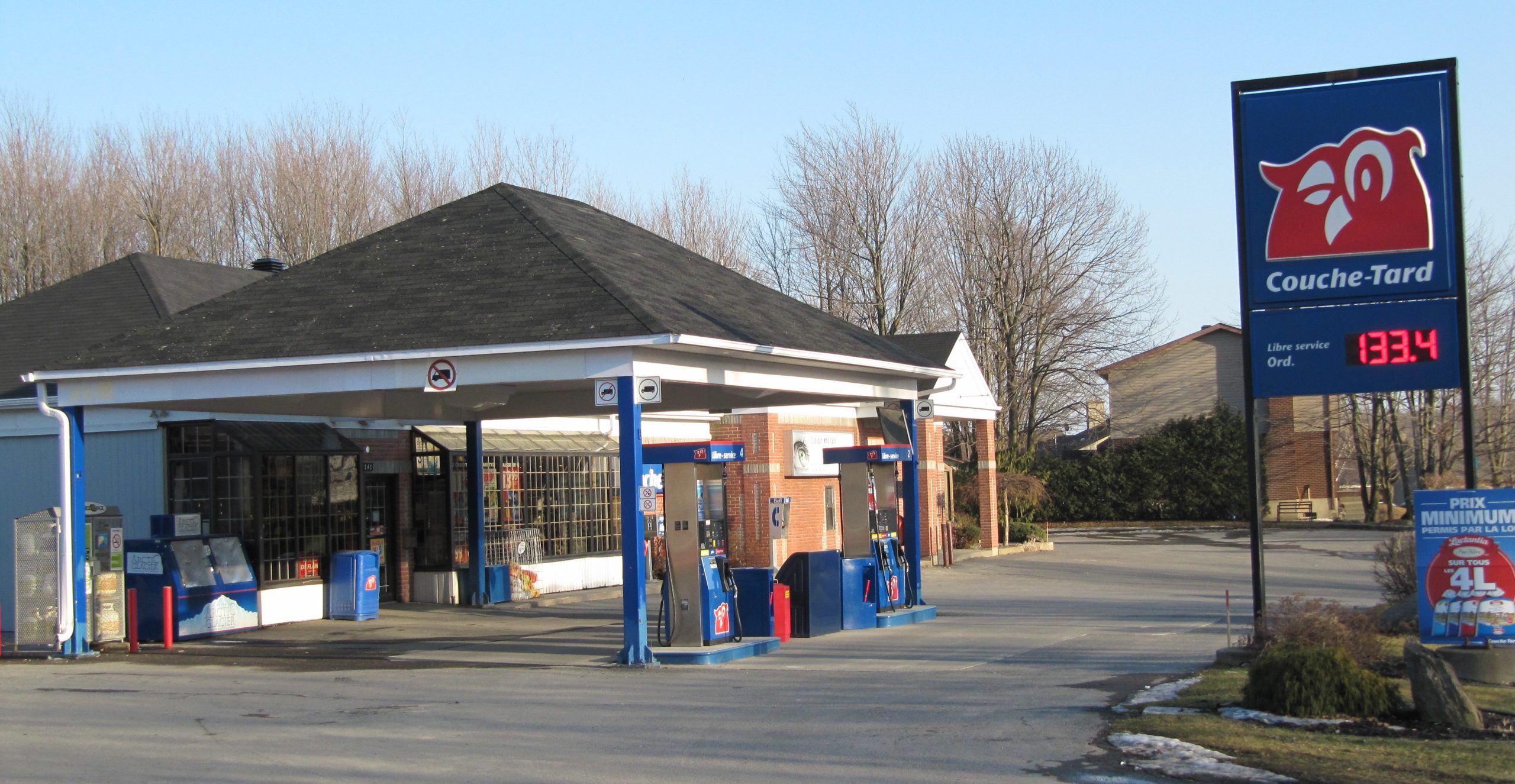
By Craig Willis, Senior Vice President of Global Markets
Since the inception of the Renewable Fuel Standard (RFS) in 2007, Canada has been the most consistent destination for exports of U.S. ethanol – standing as a beacon for free trade and acting as a global leader in combating climate change through biofuels. During a time of increasingly uncertain trade relations, the consistency of the Canadian market is a strong measure by which to demonstrate how free and open trade can foster a mutually beneficial relationship between nations to fuel economic growth and prosperity. While there is still a long road ahead to bring biofuels like ethanol to countries around the globe, we are starting to see more and more of them adopt biofuel policies to address economic and climate concerns.
Quebec Tackles Climate Change with Biofuels
Today, we are seeing some of the fruits of our industry’s work over the past decade to open markets to biofuels abroad, as provinces across Canada are beginning to consider increasing the amount of ethanol fuel blended into their respective fuel supplies. Just last week, Quebec’s Ministry of Energy and Natural Resources and Ministry of Environment and the Fight Against Climate Change announced draft regulations to increase the blend of ethanol fuel in the province’s supply to 10 percent by 2021 and 15 percent by 2025. Quebec’s leadership in combatting climate change should be applauded, and their initiative in moving towards higher blends of ethanol fuel would secure a cleaner future for their province.
Implementation of this program would also be a significant victory for the ethanol industry, farmers, and drivers in the U.S. and Canada – providing economic benefits across the production and supply chain. Over the past two years, Canadian provinces have increasingly turned to biofuels like ethanol to meet their economic and environmental goals, and the growth of ethanol in the country increasingly mirrors the success story of ethanol in the United States. As a 2.5 billion gallon-per-year gasoline market, a province-wide 15 percent ethanol fuel blend would represent hundreds of millions of gallons in new ethanol demand right across our northern border.
A Growing Wave of Canadian Biofuels Engagement
Quebec’s announcement has been the latest in a trend at both Canada’s federal and provincial levels to move to higher blends of ethanol fuel. One unique aspect of the Canadian market is that provinces like Ontario and Quebec have elected to move to even higher blending mandates than federal regulations require. These provinces have taken advantage of ethanol for its consumers benefits and its ability to reduce greenhouse gas (GHG) emissions – building on the fuel’s success and taking advantage of stable and consistently affordable supply from Canadian and U.S. producers.
Increased consideration and usage of ethanol in Canada is a direct result of our industry’s hard work to expand the global market for biofuels. A key aspect of the country’s transition to higher blends of ethanol has been ensuring Canadian regulators and policy makers have access to sound science, technical expertise, and examples of the economic benefits of ethanol fuels. To that end, Growth Energy and our industry allies have submitted numerous comments to Canadian provincial and federal officials highlighting the impact of ethanol in the U.S.
Over the past year, we’ve led the effort to promote biofuels in Canada through joint comments on topics ranging from Canada’s Clean Fuel Standard, to comments on reducing GHG emissions in the Province of Ontario and on the province’s ‘Made-in-Ontario Environment Plan’, and more. Coupled with providing Canadian stakeholders technical expertise on how to implement higher blends in the fuel supply, we have been able to share the compelling success story of homegrown biofuels.
As we consider the many markets still closed to ethanol abroad, Canada’s growing emphasis on adopting ethanol fuel to meet its economic and climate goals demonstrates the potential for ethanol within a free and open trade landscape. According to the latest data from the U.S. Department of Agriculture’s Foreign Agricultural Service, Canada imported 31 million gallons of ethanol in August, making it the top export destination of the month and the most consistent export market in 2019. That number will surely grow as the country begins to implement higher blending mandates – creating new demand for ethanol producers in the U.S. and Canada and setting a strong example for the benefits of free trade.